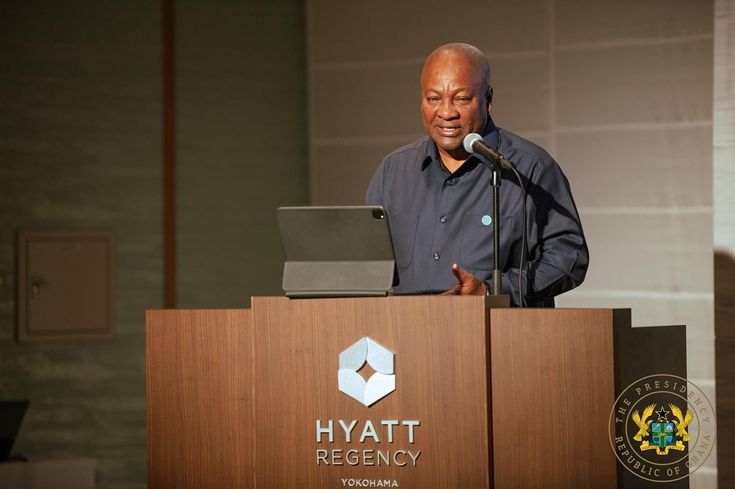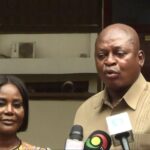President John Dramani Mahama has addressed concerns surrounding the reversal of U.S. visa restrictions on Ghana, insisting the outcome was negotiated to benefit Ghana without compromising national dignity or sovereignty. At a ceremony commissioning 11 new envoys in Accra, he underscored that the reversal reflects careful diplomacy and mutual respect.
He acknowledged that Ghana had become the only country subjected to full U.S. visa restrictions before the reversal, yet stressed that the new arrangement came after concessions focused on overstayers, those entering on student or government visas but failing to return. “When they draw the threshold … they cancel your five-year visa and bring you to B-5, B-3,” he explained.
Mahama was careful to emphasize that no financial considerations formed part of the negotiation. He dismissed insinuations that Ghana traded monetary value for the reversal.
He went further, signaling that pending discussions remain over U.S. trade tariffs, particularly the 15% rate and the renewed status of AGOA (the African Growth and Opportunity Act), a program that grants eligible African countries duty-free access to the U.S. market.
Assuring Ghanaians of his administration’s firmness, Mahama declared that Ghana will not become a dumping ground for deportees, nor will it accept individuals with criminal backgrounds. He insisted the agreement is limited, vetted, and aligned with ECOWAS protocols, all while preserving Ghana’s sovereignty.
He urged his new envoys to challenge misperceptions and emphasize that diplomacy is as much about managing image and reputation as it is about negotiation. “Please, when questions arise … check this clarity,” he remarked.
The reversal of U.S. visa restrictions is a significant diplomatic win for the Mahama administration. It not only restores a measure of international mobility for Ghanaians but also signals that Ghana can renegotiate bilateral challenges previously viewed as immovable.
However, the success of this move depends heavily on public perception. Many Ghanaians remain skeptical, especially given historical precedents where political leadership claimed credit for deals that later proved less beneficial than marketed. Mahama’s insistence that no financial quid pro quo was involved attempts to preempt accusations of backroom deals lacking transparency.
The references to dealing with overstayers and the pending tariff and AGOA negotiations suggest that this is only the first chapter of a broader bilateral reset—one with high economic stakes.
For Ghana, this moment is more than diplomacy; it’s a test of narrative control. If the government can manage to communicate both substance and integrity, it may reshape how Ghanaians view their country’s place on the global stage.






